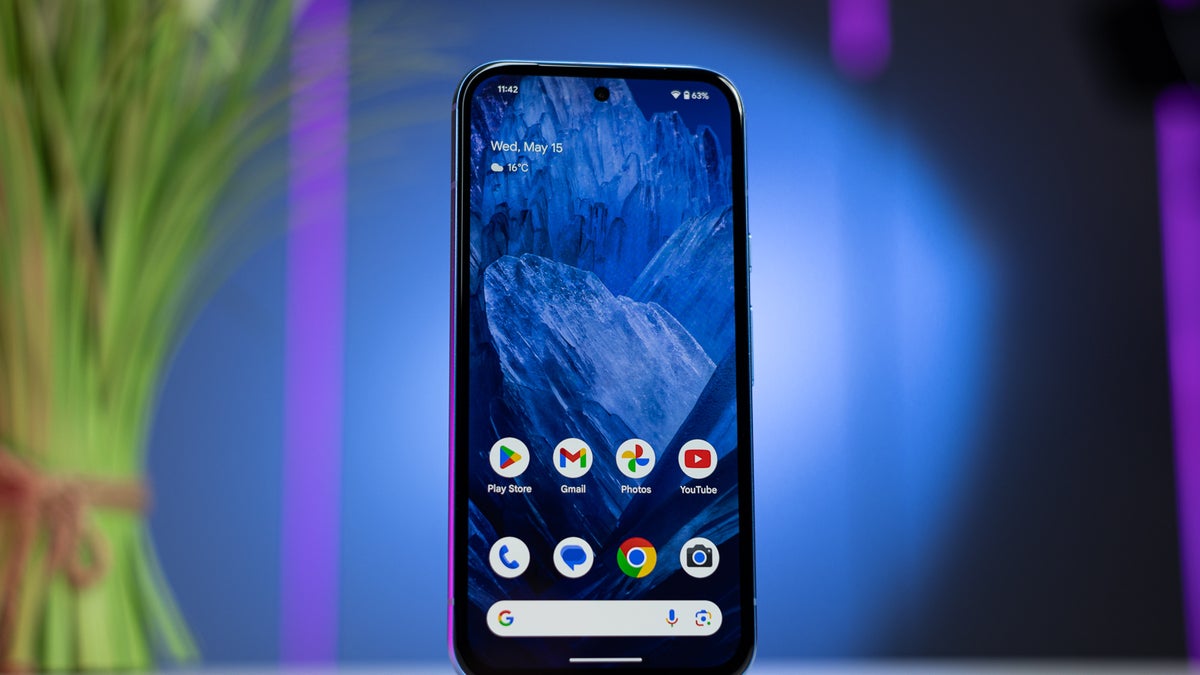Epic Games CEO furious after Apple’s latest EU App Store move, calls it “blatantly unlawful”

As you know, there’s an ongoing Epic Games vs Apple scandal. It began in 2020 when Epic added a direct payment option to Fortnite on iOS, bypassing Apple’s 30% commission and violating App Store rules. Apple removed the game, prompting Epic to sue, accusing Apple of monopolistic control over app distribution and in-app payments.
In the following years, a judge ruled that Apple was not a monopoly but did violate California law by preventing developers from linking to alternative payment methods. While most of Epic’s claims were dismissed, the court upheld an injunction forcing Apple to allow developers to steer users to external payment options.
Now, Apple has made major changes to how the App Store works in the European Union to comply with the EU’s new Digital Markets Act (DMA). Developers now have more freedom to promote their apps, use multiple external links, and direct users to outside payment options (these were previously restricted).
At the same time, Apple is introducing new fees, including a 2% Initial Acquisition Fee for new users and a split-tier system for Store Services, charging 5% or 13% depending on what level of features developers choose.
This is precisely what has made Tim Sweeney furious:

Image source – X
Besides calling the latest Apple move “a malicious compliance scheme” that is “blatantly unlawful in both Europe and the United States and makes a mockery of fair competition”, Tim says that “Apple blocks auto-updates to these apps, cripples search for them, and blocks customer support and family sharing”:


Image source – X
Tim Sweeney suggested that instead of just pointing out flaws, it’s important to offer real solutions:


Image source – X
He believes the App Store should offer its full set of features to every developer equally, without restrictions. Developers should have the freedom to decide how they handle payments – whether through Apple, their own systems, or a mix of both. Apple should only charge for the services it actually provides, without adding extra fees or penalties for using alternative options. According to Sweeney, this approach would create a healthier, more balanced system – similar to how things work on Windows and Mac – encouraging innovation and growth while reducing the dominance of mobile app store monopolies.
Personally, I don’t see an easy way out of it. Some regulators wave their finger at Apple and threats are made, Apple says it’ll see what it can do, then takes action, but in its own style, often repackaging and renaming the same thing they used to push previously. X users are joking that Apple might keep behaving the same way, just calling it with new names, like “Platform Participation Surcharge, “Digital Infrastructure Tariff”, or “Mandatory Mutual Prosperity Fee”.
Source link







